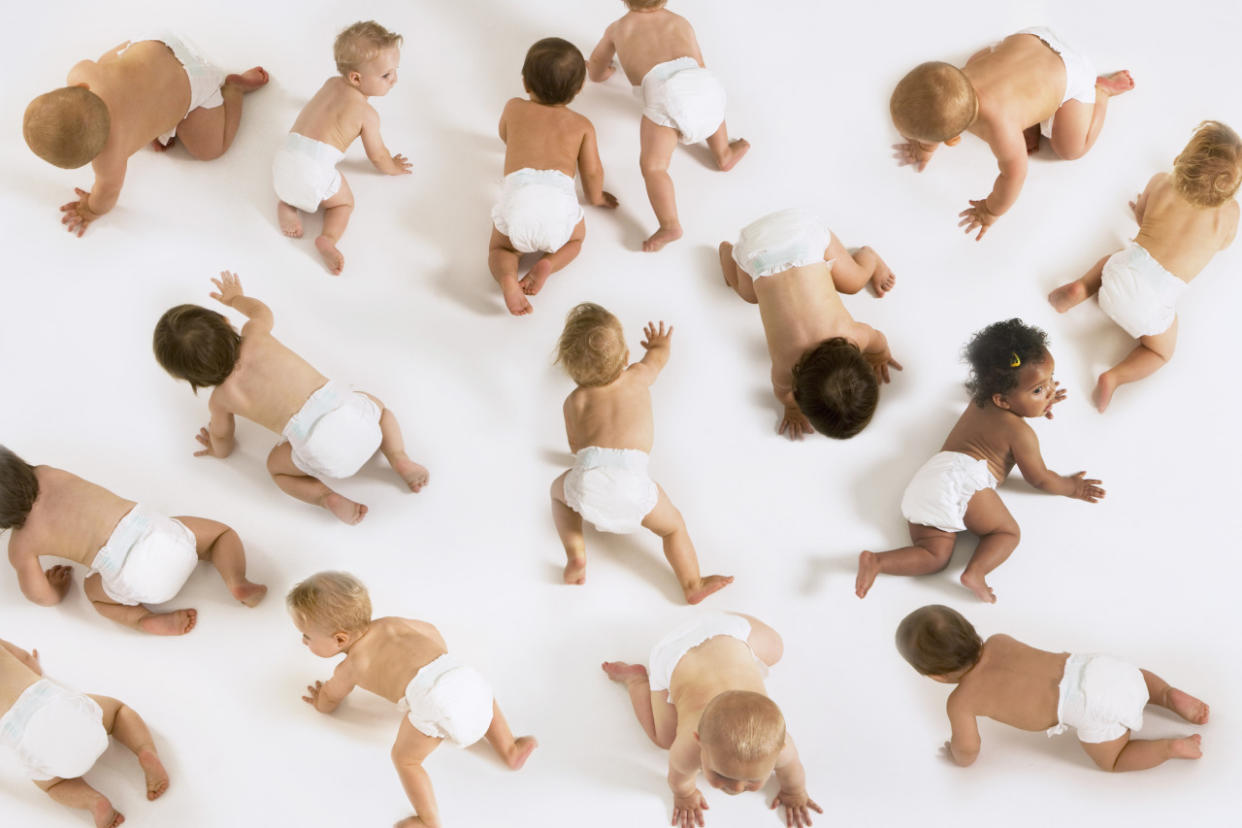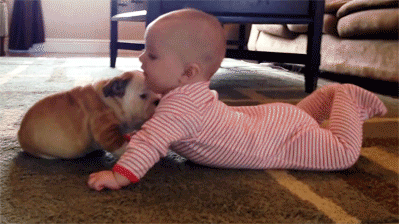There’s actual science behind our desire to care for babies

Can’t help but get a little bit protective when you hold a baby? You’re not alone. Turns out we’re genetically inclined towards parental instincts when we come into contact with these tiny people.
According to researchers at the University of Oxford, it’s not just the sight of babies, or even that intoxicating smell babies have, but the way in which they appeal to all of our senses.
ALSO SEE: Letting babies cry themselves to sleep not harmful, study says
“Infants attract us through all our senses, which helps make cuteness one of the most basic and powerful forces shaping our behaviour,” says Morten Kringelbach, who together with Eloise Stark, Catherine Alexander, Professor Marc Bornstein and Professor Alan Stein, led the work in the Department of Psychiatry at the University of Oxford.
The group looked at the way in which “cuteness” in both babies and animals affect the brain and were surprised at their findings.

Cuteness was associated with “igniting fast privileged neural activity followed by slower processing in large brain networks also involved in play, empathy, and perhaps even higher-order moral emotions,” reports the study. This was not limited to just looking cute, but also cute sounds and smells. Appealing through cuteness, they found, was part of an infant’s survival.
“This is the first evidence of its kind to show that cuteness helps infants to survive by eliciting caregiving, which cannot be reduced to simple, instinctual behaviours,” says Kringelbach. “Instead, caregiving involves a complex choreography of slow, careful, deliberate, and long-lasting prosocial behaviours, which ignite fundamental brain pleasure systems that are also engaged when eating food or listening to music, and always involve pleasant experiences.”
ALSO SEE: New study reveals that a baby’s cry makes us (literallly) lose our capacity to think rationally
They were also surprised to find that this affect was present in both men and women.
“This might be a fundamental response present in everyone, regardless of parental status or gender, and we are currently conducting the first long-term study of what happens to brain responses when we become parents,” says Kringelbach.
What do you think of this study? Are you a sucker when it comes to babies? Let us know your thoughts by tweeting to @YahooStyleCA.


